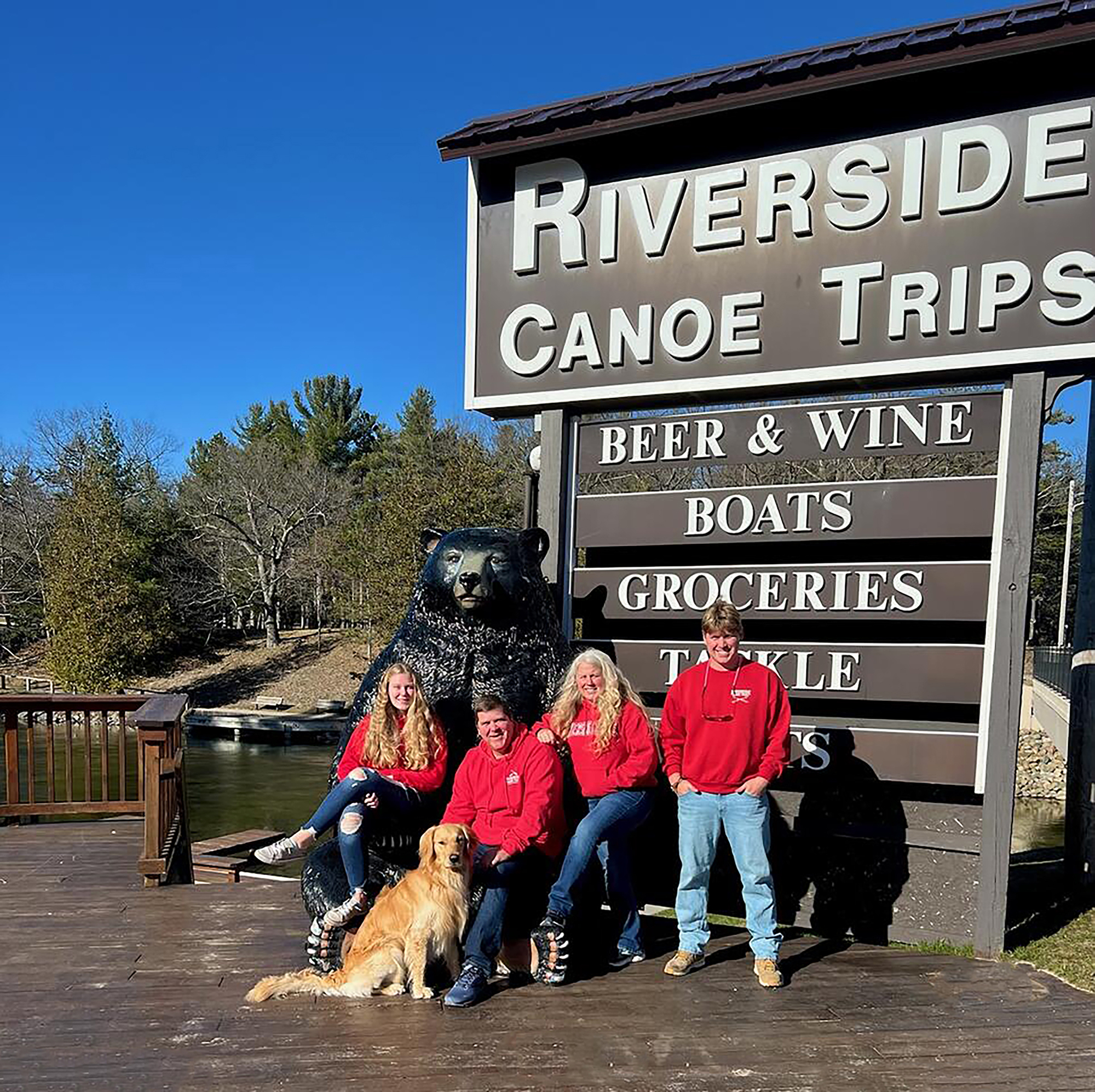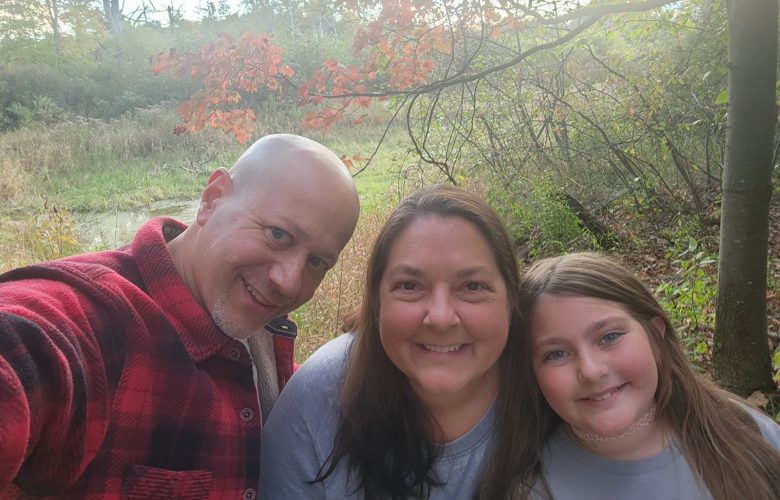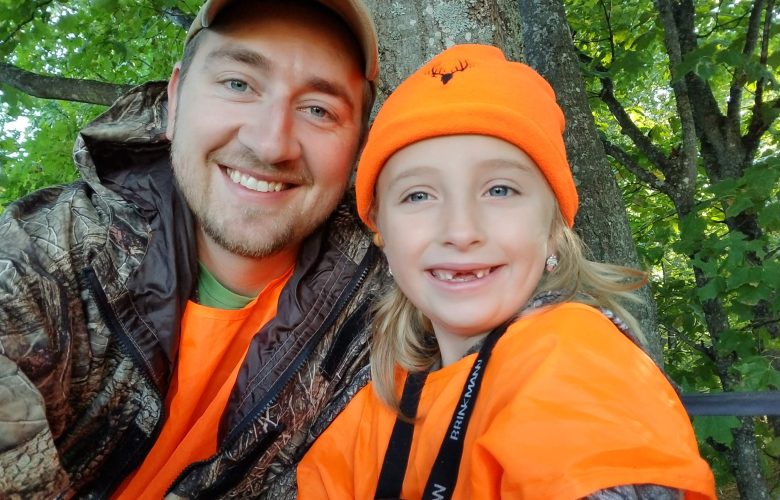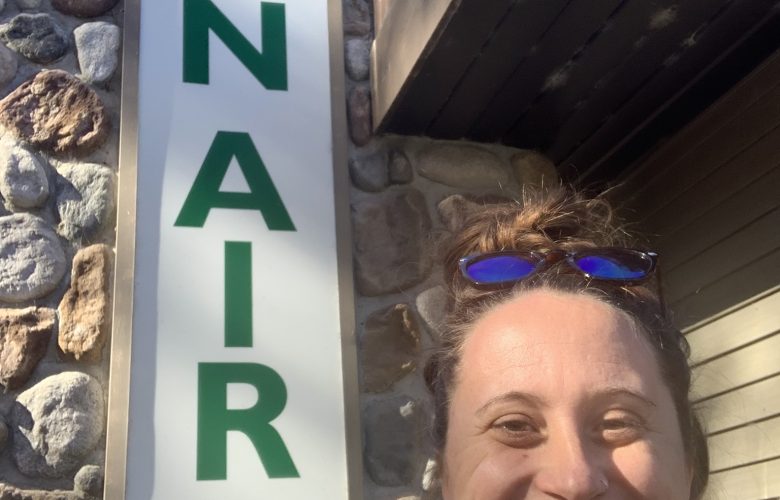And wins National Park lawsuit, again
By Jacob Wheeler
Current Contributor
Riverside Canoes will not need a “commercial use” authorization from the National Park Service to continue renting canoes, kayaks, and tubes on the Platte River, at the southern end of the Sleeping Bear Dunes National Lakeshore. Nor will the business have to share 5 percent of its gross sales with the Park.
On March 1, 2024, federal judge Paul Maloney with the Western District of Michigan ruled in favor of Riverside, which celebrated 60 years of operating on the Platte when it opened for this summer season on May 1.
The National Park Service had until the end of April to appeal on KORR Enterprises v. United States of America.
Initially, the Department of Justice (DOJ) filed a protective Notice of Appeal, to preserve the option to appeal.
But on May 16, the DOJ filed a motion for Voluntary Dismissal.
“There is a long and complex history between Sleeping Bear Dunes National Lakeshore and Riverside Canoe Trips,” says Scott Tucker, Sleeping Bear Dunes National Lakeshore superintendent. “With this decision, I look forward to establishing healthy communication with Riverside, with a focus on the future.”
Background
Backing up a little: the livery business first opened back in 1964 under the ownership of Kenneth “Buck” and Helen [Sutter] Carter and was called Carter’s back then. The business was sold to Harold and Betty May in 1968, and the name was changed to Riverside. In 1970, Ken Robinson purchased the property, before selling in 1971 to Tom and Kathy Stocklen, who ran the business for 39 years, until 2011, when they sold to former employees.
Kyle and Kelly [Spaulding] Orr (49 and 52, respectively) met during the summer of 1992 and began dating a couple of summers later while both were working at Riverside; Kyle worked 17 years and Kelly worked 10 years for the Stocklens, and they later acquired the livery in 2011 from the Stocklens, when they retired.
Riverside Canoe Trips is the only privately held business within the Benzie County boundaries of the Sleeping Bear Dunes National Lakeshore. Over its 60 years in operation, Riverside has employed hundreds of people, mostly local youths. It takes almost 70 people to keep Riverside going each year, generally from early May to late October. Groups large and small visit to canoe, kayak, and/or “float” the river in tubes; locals, as well as non-locals.
Because of the long history, the Orrs believed that this matter with the Park had already been settled.
The Stocklens had previously fought a long legal battle with the Park.
Sleeping Bear Dunes was created in 1970. There were three different categories of property within the Park boundaries at that time: one was commercial real estate, which Riverside fell under. However, this Sleeping Bear Dunes legislature was retroactive for any commercial businesses built before December 31, 1964—which means Riverside was protected by less than six months.
“The Carters had to go into their attic and pull out receipts from that first summer,” says Kathy Stocklen. “Our attorney wouldn’t let us buy the property in December 1971 without securing a certificate from the Park that prohibited condemnation; which essentially means that we could continue the use of the property as a canoe-rental business, as it had been since the summer of 1964.”
But seven years later, the Stocklens received official notice that the Park wanted to appraise the property in 1978. Against attorney advice, the Stocklens chose not to agree to have an appraisal done by the Park. Instead, they got their federal representatives involved and went into negotiations with the Park until 1983. At that point, the Park seemingly backed off, thanks in large part to pressure from the local congressman, Stocklen thinks.
Another seven years later, in December 1990, a federal marshall knocked on the Stocklens’ door and gave them a “complaint in condemnation,” which triggered federal court action.
However, the federal government ultimately dropped its condemnation case, and the Stocklens dropped a declaratory judgment action. In 1992, they signed an agreement that allowed Riverside to continue operating within the National Lakeshore.
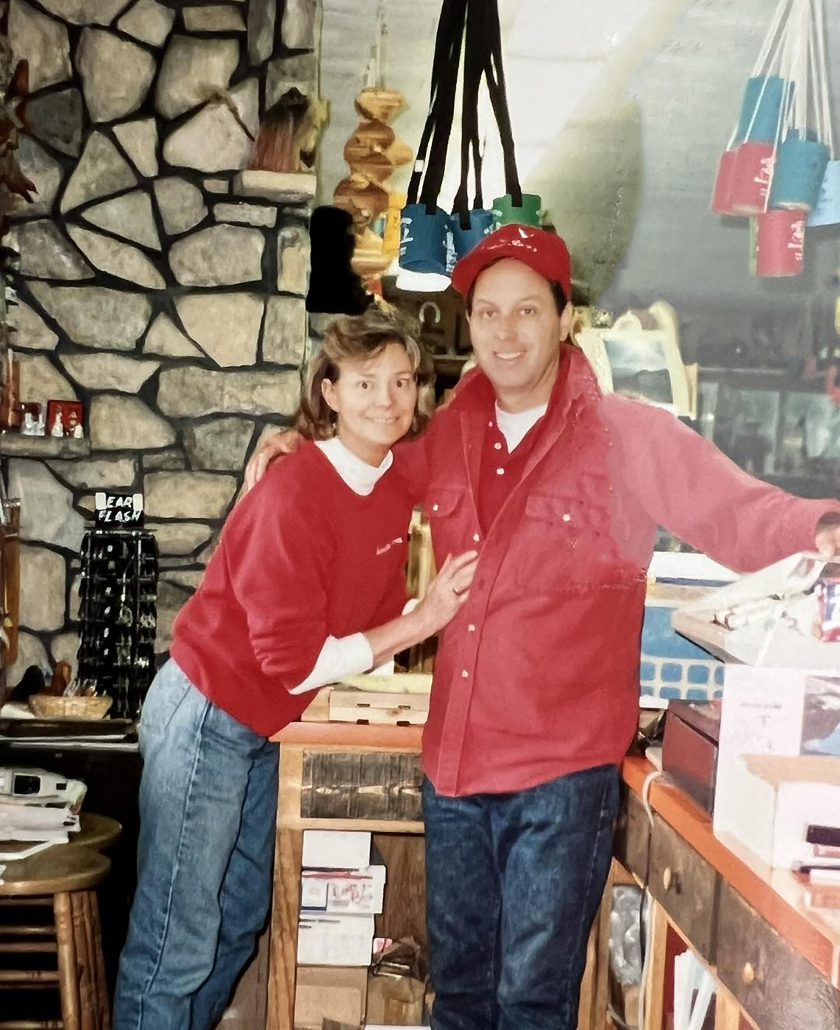
The 1992 letter of agreement between the Stocklens and the Park stated:
“It is our understanding and agreement that we will use our property for the purpose of a canoe livery/marina/general store as it has been used for the past 28 years… Our use has been and will continue to be consistent with the purpose and intent of the act that created the Sleeping Bear Dunes.”
Then-director of the National Park Service James Ridenour signed the letter and acknowledged it in subsequent correspondence with the Stocklens.
New Problem Is Old Problem
In early 2022, Sleeping Bear Dunes officials approached the Orrs and asked them to sign a commercial use authorization, which, according to the National Park website, “is required if you provide any goods, activities, services, agreements, or other function for park visitors that take place, at least in part, on lands managed by the NPS; use park resources; and result in compensation, monetary gain, benefit, or profit to you, when a concession contract is not necessary.”
The Orrs have an idea why the Park sought to revisit the matter in 2022.
Several years ago, Sleeping Bear Dunes stopped dredging near the mouth of the Platte River, where it empties into Lake Michigan. The Orrs say that had caused the river’s current to slow down, so a two-hour float from the river weir to Lake Michigan was taking four hours. So, Riverside staff then began launching customers at El Dorado—property owned by the Benzie County Road Commission, which the Park manages through an easement.
The Orrs were told by the Park in 2022 that they needed a commercial use agreement to use El Dorado. But attorneys for the Orrs warned that, if they signed any new agreement with the Park, it could potentially void any prior agreements—such as the breakthrough 1992 agreement between the Stocklens and the federal government.
Instead, the Orrs countersued in federal court on April 6, 2022.
Nearly two years after that lawsuit was launched, Judge Maloney wrote in his opinion on March 1:
“The 1992 agreement contemplated continued use now and in the future. Therefore, the plaintiff does not need to execute a commercial use agreement to become compliant with section 5.3, it already fulfills section 5.3’s obligations.”
The Orr family was vacationing in Jamaica this spring when they received the news of the judge’s seven-page summary judgment. Kyle Orr says that they were pleasantly surprised that the judge bypassed oral arguments from the attorneys and made a decision. They celebrated with more than one drink, says Kelly.
The Orrs remained cautiously optimistic, until the possibility of an appeal; they are now happy to see the whole thing dropped—at least for now.
Going Forward
“Riverside is an anomaly. The business existed before the Park was there,” Kyle says. “We try to provide family fun for generations. But we also recognize that we are stewards of the river. We are not anti-Park. At the end of day, I just want to coexist.”
For the most part, Riverside staff enjoy a good relationship with the Sleeping Bear Dunes rangers who patrol the Platte River and Lake Michigan Road, along which visitors park to access the river, Kyle explains.
Moreover, hundreds of Park passes are sold each summer to tourists who are renting from the livery. Warm days in July and August are packed, with thousands who turn the river into a floating party. Rangers often issue citations for drunkenness and groups traveling without a Park pass.
“My dad walks Lake Michigan Road every day and picks up trash,” Kyle says. When the Orr family bought Riverside Canoes in 2011, Dusty Shultz, then-superintendent of Sleeping Bear Dunes, visited to congratulate them.
But the Orrs interpreted the legal battle of the past two years as a wake-up call.
“We’re under no illusion that [the Park] will ever leave us alone,” he says. “We’ve told our kids to be diligent.”
Kyle and Kelly Orr hope that their children—ages 21 and 19—will one day take over the business.
“My opinion is that, when you look at the National Park, they want to manage it like it’s an island unto itself,” Kyle says of the Park, which shares western Leelanau County and northern Benzie County with villages, with commerce, with private homes. In other words, Sleeping Bear Dunes is not a park like Yellowstone—a massive rectangle of land with only four entry points. “But Sleeping Bear is not one single [contiguous] park, it’s a spider web—you have villages and private lands inside of it. You can’t have complete symmetry here.”
A version of this article first published in the Glen Arbor Sun, a Leelanau County-based semi-sister publication to The Betsie Current.
Featured Photo Caption: Left to right: Jordan (21), Kyle (49), Kelly (52), and Kaleb (20) Orr—along with Findley, the family’s 18-month- old Golden Retriever—at their family-owned business, Riverside Canoe Trips, which they have owned since 2011. Photo courtesy of the Orr family.

